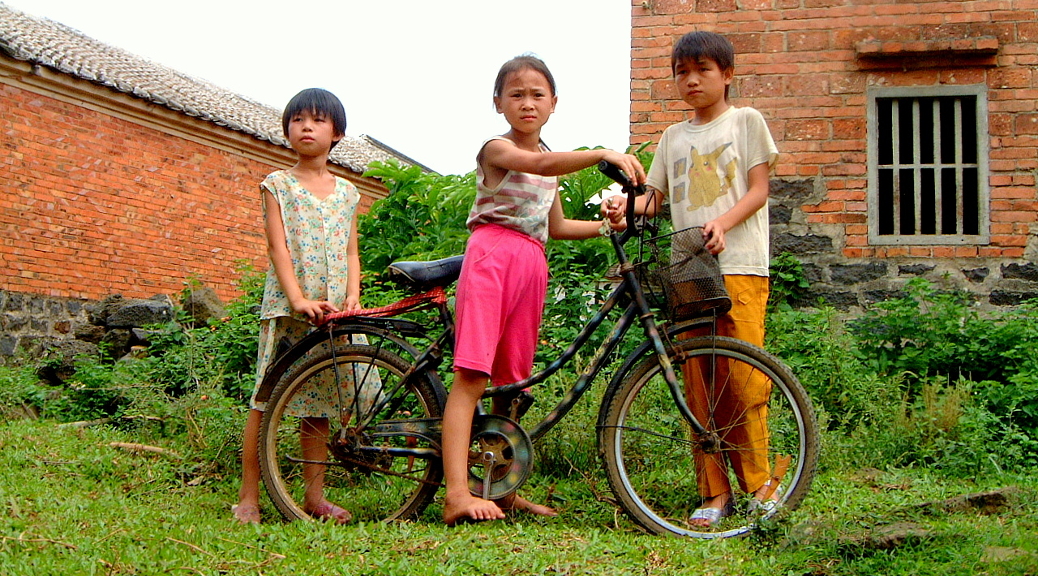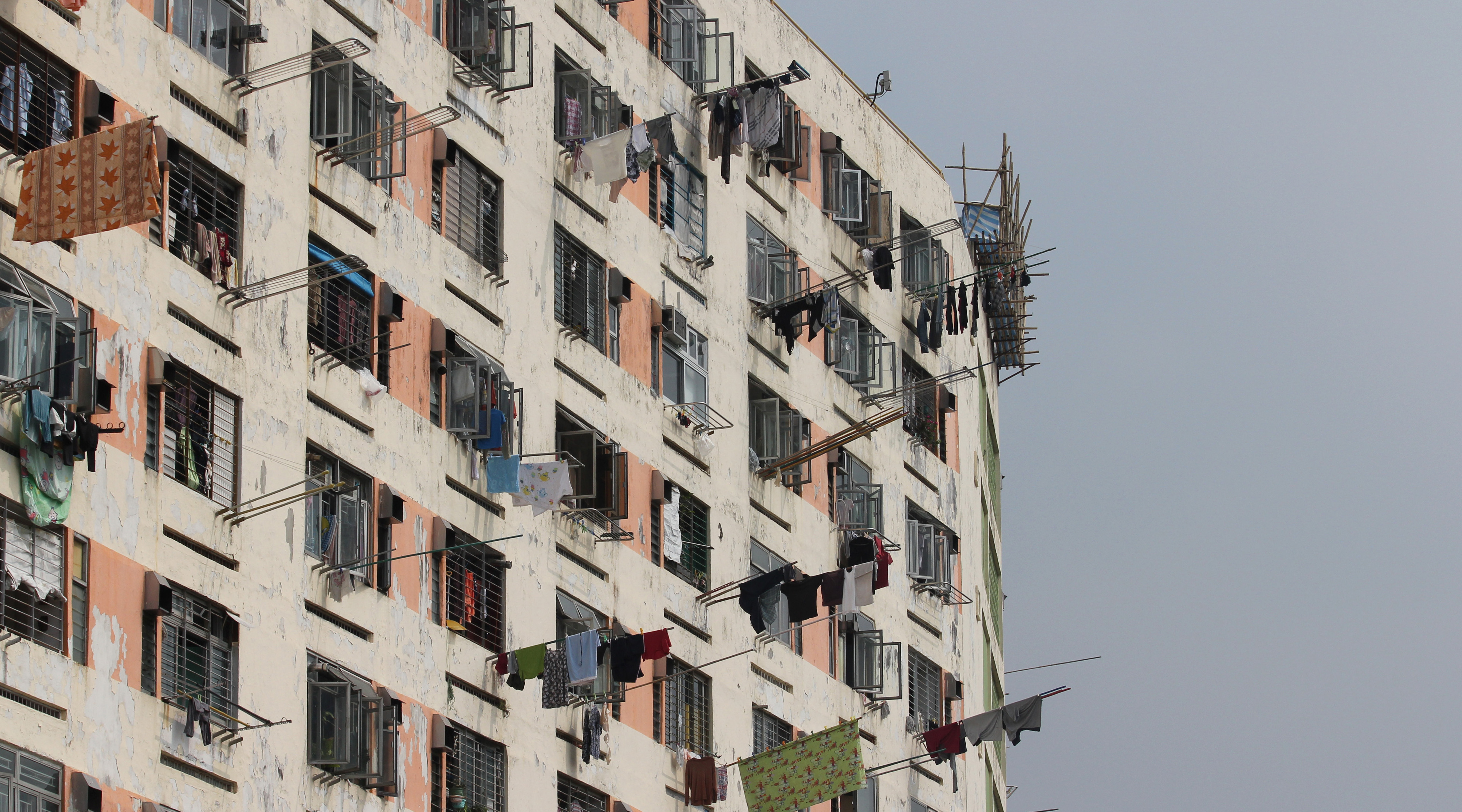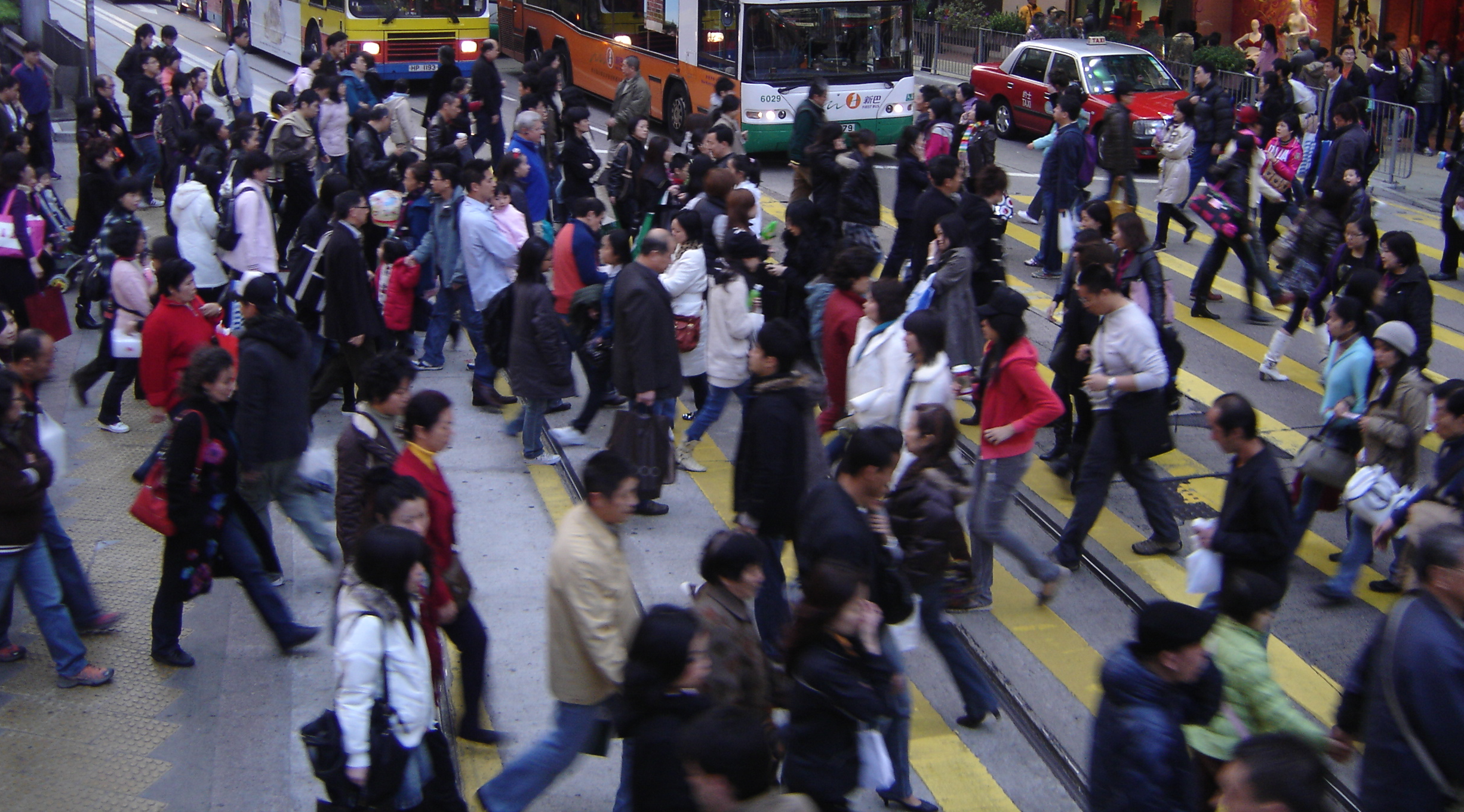
Understand the full range of Muslim viewpoints – beyond the shrill headlines and biased social media
Stephen Tsang & Paul Yip
Stephen Tsang and Paul Yip warn against succumbing to the easy answers informed by a simplistic understanding of Muslim thinking, in the wake of deadly terrorist violence
In the wake of the Paris atrocities and the imminent threat of more attacks, we are surrounded by a growing number of talking heads and cleverly worded posts and hashtags on social media telling us what to do and how to think: “Pray for Paris”, “Don’t pray for Paris”, “Islam is for peace”, “Islam is sharia”, “Islam is IS”. In such an environment, we find ourselves wanting to do something. However, it is important to make an informed choice. Having a too simplistic view of such a complicated conflict is inane. We need an educated viewpoint; we need to see past all the emotion-laden pictures.









Recent Comments